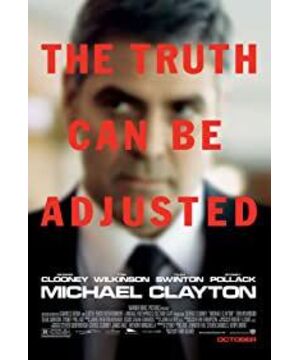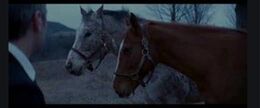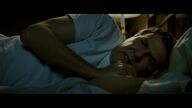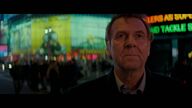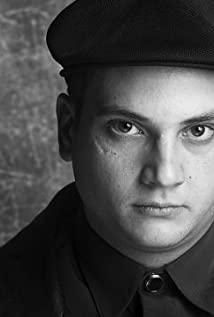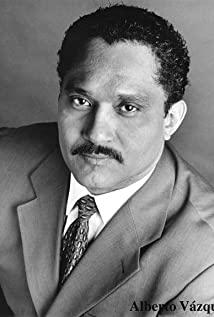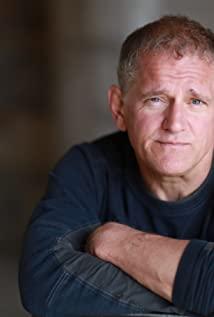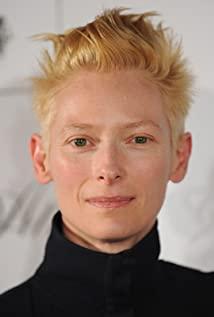——Han Xi
I always think that when a screenwriter becomes a director, his grasp of the film is generally very strong. "Michael Crichton" is a good example.
In fact, the film tells nothing more than an extremely ordinary story of a lawyer who brought down an illegal conglomerate, but what we see is not the struggle history of a conventional lawyer, but the process of discovering his conscience. From this point of view, the film obviously does not intend to create a hero who does justice for the common people, but just an ordinary person, although his occupation has a considerable social status.
As an ordinary person, Michael Crichton's life is very bad, not only divorced and bankrupt due to investment mistakes, more importantly, he is an internal mediator of a well-known law firm, he has no chance to become a A defense lawyer who can stand in court and speak generously. Although this status has brought him into contact with many big clients, he is basically a role in dealing with funerals and has no sense of accomplishment. For a middle-aged man, his Life was withering, even though the company thought he was the best mediator.
The film begins in the middle of the whole story, gambling to lose money, and then dealing with the follow-up of a traffic escape accident for a major client. After finally getting rid of these annoying things, Michael accidentally found three horses in a deserted place in the early morning. , and it was because of getting out of the car to look at the horses that Michael escaped the car explosion.
For those with common sense of watching movies, the appearance of these three horses is very abrupt, but it saved Michael's life from the plot, so obviously, these are the horses that the director likes, and they will convey a symbol , it is this symbol that Michael finally survived.
The film begins to tell the story in sequence, returning to the time four days ago.
Obviously, the story is carried out separately by two clues, the first is undoubtedly about the events before and after this collective lawsuit, and the second is Michael's personal life. For a middle-aged man who is divorced and bankrupt, his only emotion is his relationship with his son. Family affection is probably his only spiritual support here. The film deliberately extracts the emotional scene between Michael and his son. , through a few scenes we can clearly see that Michael is trying hard to be a good father, but in fact he is indeed a little powerless, and even some heart is not wilted, but even so, he hopes to be able to give his son the greatest help and the greatest care. The growth of his son is the most important to Michael and the only didactic significance in the film. Although this is only a supplementary line, as an audience, you can appreciate Michael's ordinary.
In terms of personal emotions, the relationship between Michael and the two brothers is also different. One brother is not only Michael's role model as a law enforcement officer, but also his pressure, while the other brother's life and career are useless and become the object of Michael's hatred and hatred. .
But Michael didn't notice that in his contact with his relatives, he actually didn't communicate with his heart at all. He was still self-centered, and unconsciously transmitted his inner distress to these lovers, thus deepening the relationship with his relatives. estrangement. It is undoubtedly a mockery that a mediator within a law firm cannot reach a communication with relatives, which makes it even more understandable for Michael's mentality in taking over his colleague Arthur's case.
Without communication, Michael couldn't believe everything Arthur said. Could a person really find out with his conscience? Michael was not in the least attractive in the collective complaint case, and Arthur's transformation was also unacceptable to Michael. All he could do was hope to complete the work according to the routine procedure he had repeated countless times, and minimize the major events. , to reduce the trifles. However, the situation developed a step closer to sin, Arthur died, the lawyer who was able to communicate with Michael's son was killed, and Michael really realized his mistake, not negligence but lost his true thinking.
While telling his son to be a true self, Michael finally decided to intervene in what Arthur had not accomplished. Not only did he understand the sins of the consortium, but he also understood the true cause of Arthur's death, but the temptation was put in front of him once again to repay the debt. So Michael finally compromised, he got rid of his personal predicament but completely betrayed himself, so, back to the beginning of the film, Michael dealt with those gray things as always, experienced but without any passion.
The appearance of the three steeds is symbolic, foreshadowing the passion in Michael's heart, and while examining himself, he also saves himself. So with the help of his two brothers, he finally accomplished what Arthur had not accomplished. At the end of the film, Michael's two clues, mutual trust with his family and the case of the consortium were solved in one fell swoop.
Obviously, Michael is by no means a hero in the conventional sense. The whole story is not so much a discovery of his conscience, but more of his success in trying to change himself. A person engaged in a gray career has a gray mentality and gray interpersonal relationships. He is an isolated individual with no sense of security and no future to speak of. Conscience can never solve Michael's personal problems. Michael's final counterattack is not due to conscience. , but this gray predicament has become unbearable for him, which makes the film more realistic and is the real situation of many people in society.
Han
Xi2008-2-17 in Tongzhou
View more about Michael Clayton reviews


